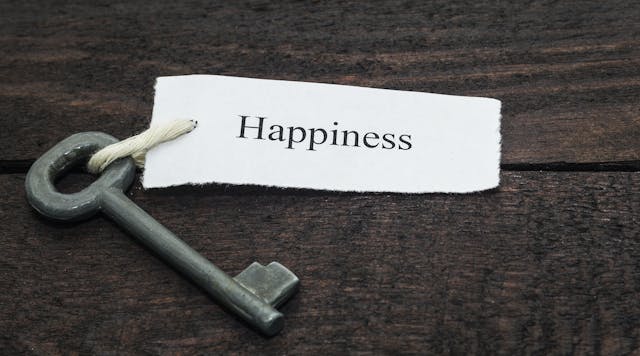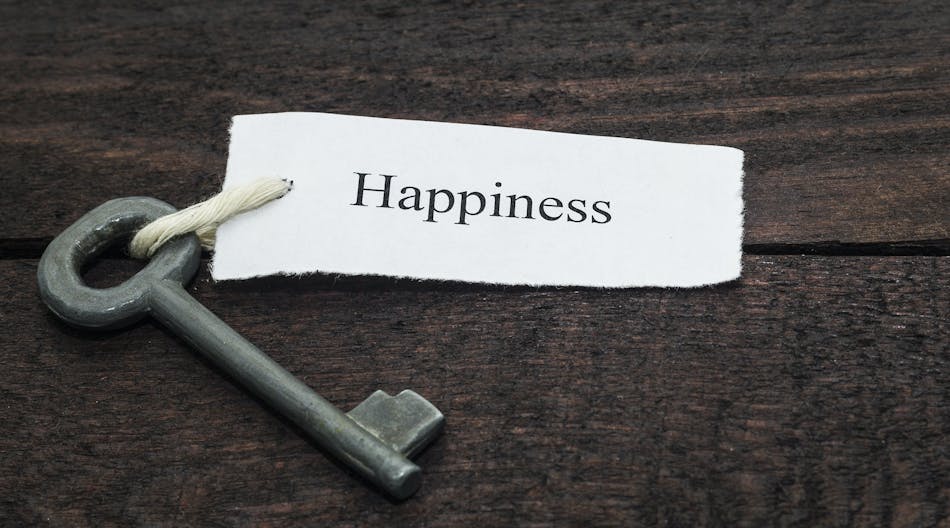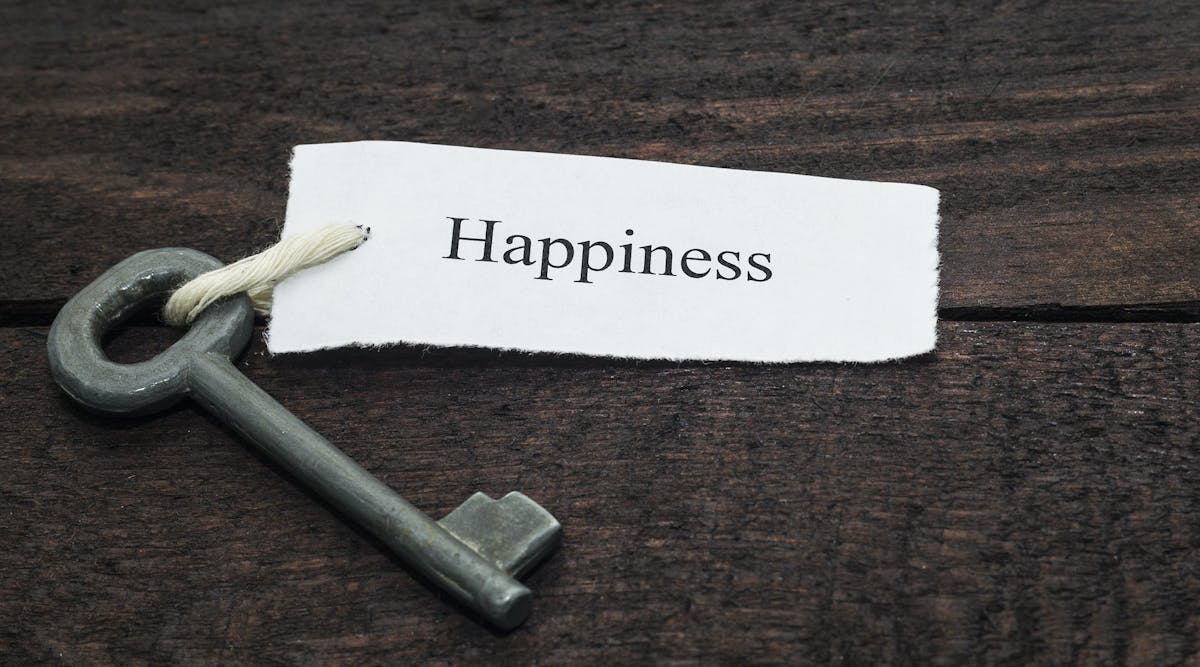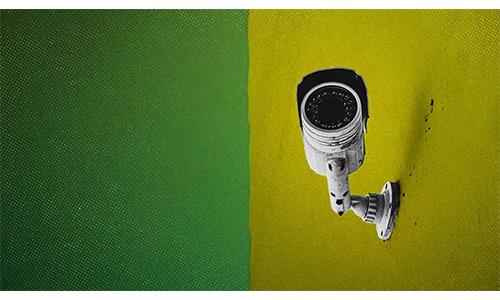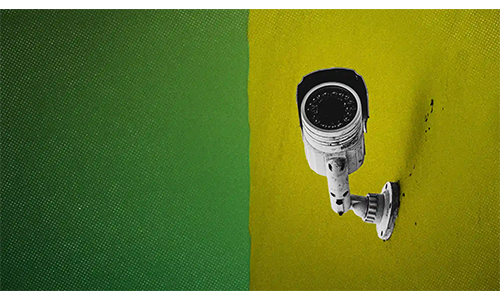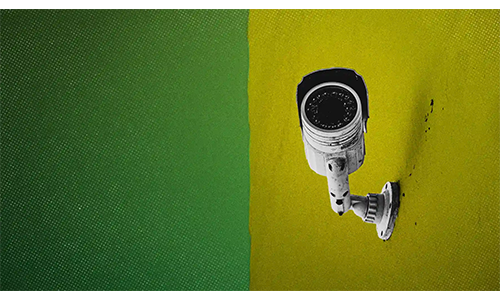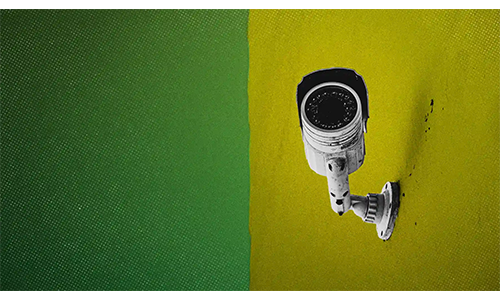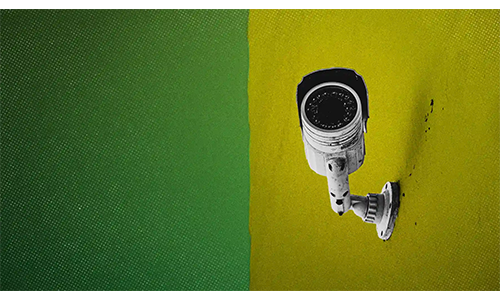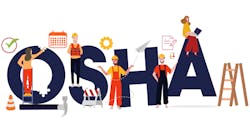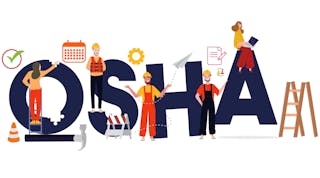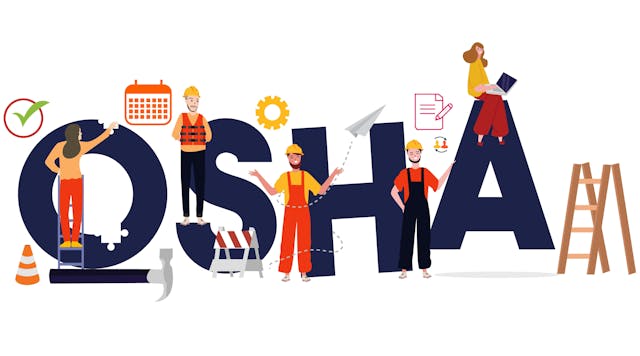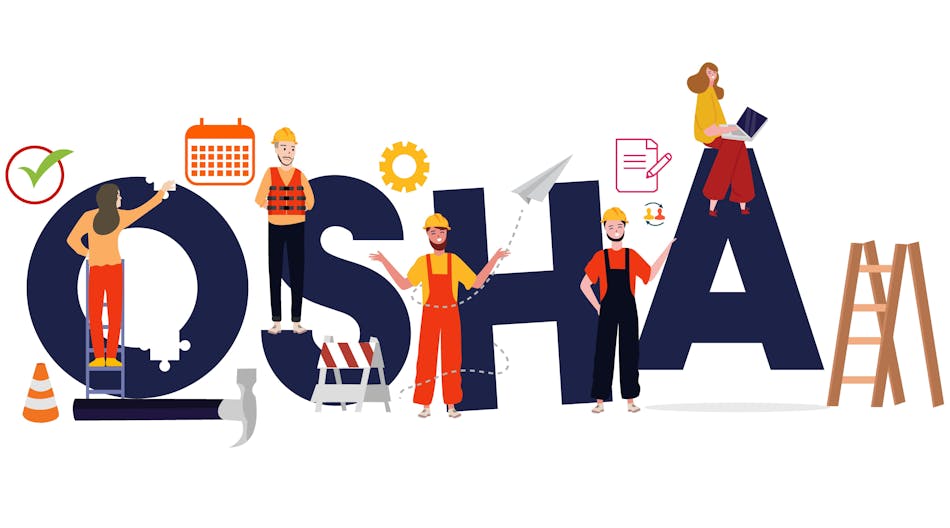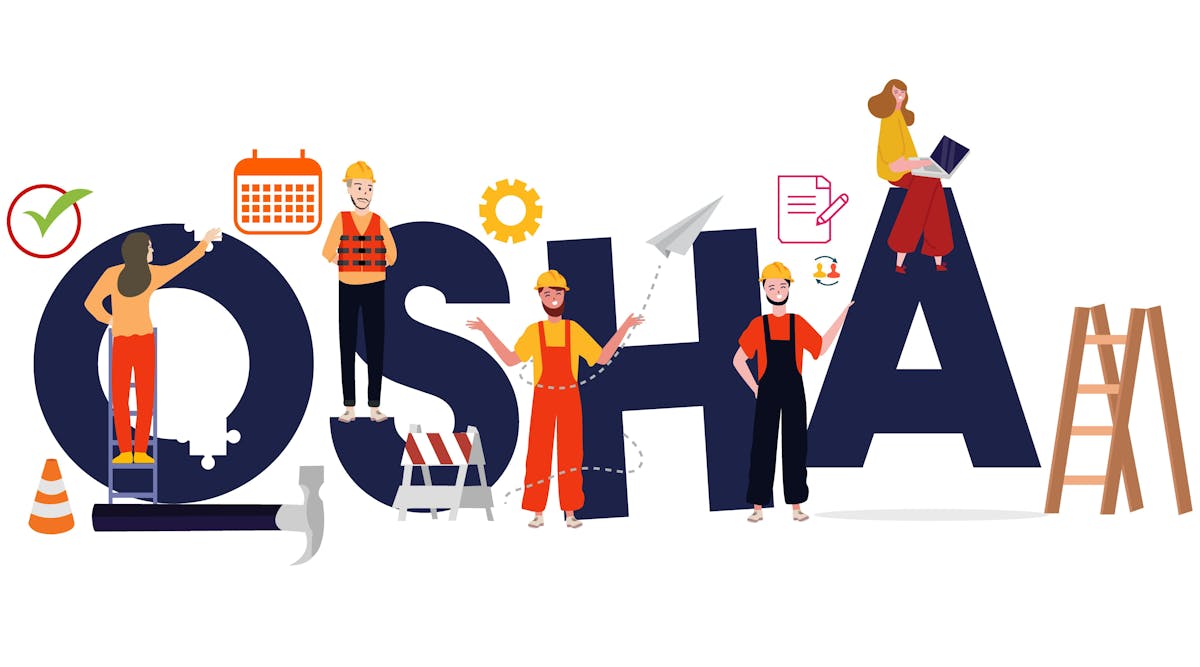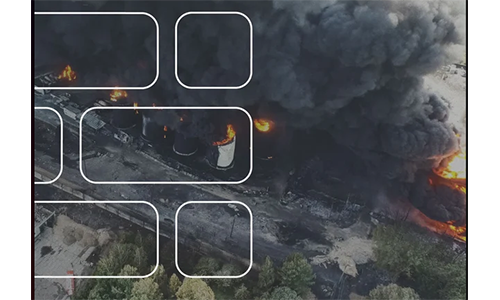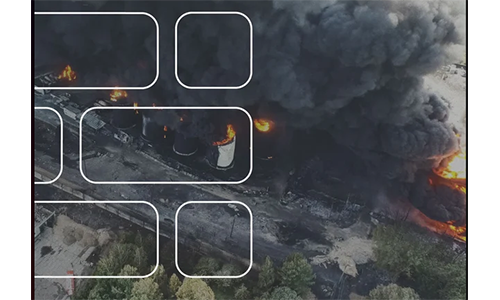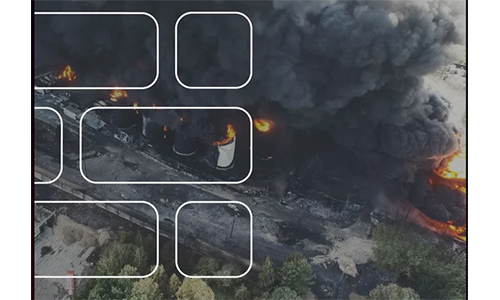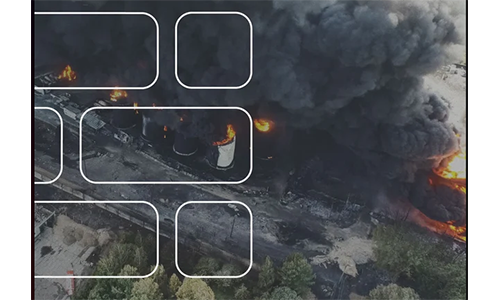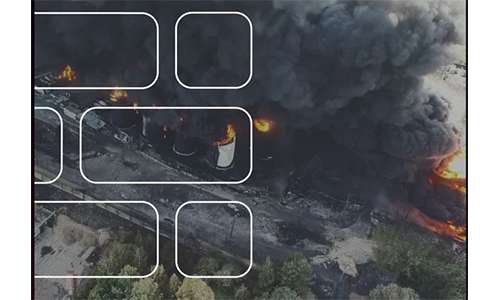We’re back! Have you missed us? (Well, if you haven’t, maybe keep that to yourself. We are humans behind the screens, after all.)
What started as a break while we were on vacation extended into a period of chaos and then contemplation. It felt very much like the changing of the seasons. While we usually feel like we exert influence over Mother Nature—we can fly in the sky, grow produce year-round—there is something to be said for leaning into our surroundings.
Perhaps there’s no better—or timelier—example than the switch to Daylight Saving Time. Our sleep patterns have been disrupted for the past week, and the experts say that it can take a while for our bodies to adjust to the change in environmental cues.
As the amount of daylight grows shorter and the temperature drops, we gently encourage you to examine your mental health. Seasonal Affective Disorder is a form of depression. Fortunately, there are tools such as therapy, medication, happy lights and other lifestyle changes that you can make to improve your mood before the first signs of spring.
As always, stay safe.
Remembering our Servicemen and Servicewomen
Today is Veterans Day. We remember learning about the origins of the holiday in our high school history class, but the day can mean many different things for our servicemen and servicewomen.
And while we have good intentions, this article from USA Today is a good reminder that war is traumatic, and the words we use matter. Veterans and mental health directors suggest expressing your appreciation by saying “Thank you for your service” or “Thank you for your willingness to serve” rather than saying “Happy Veterans Day.” After everything they have done for us, being more sensitive to how we communicate our gratitude is the least we can do.
Despite having a day to formally thank veterans, we know that many opportunities to publicly recognize them have been lost to history. That’s why we were so moved to read a story about the search to thank those men who served on Sherman tank crews in World War II. We hope to someday visit the Museum of American Armor to deepen our appreciation for the ways in which veterans defend our country.
But for tonight, we will stream the new documentary, “Our America: Mission Montfort Point” to educate ourselves on America’s first Black Marines, and the efforts to track down those 20,000 men whose names have been lost to time and records lost to fire. We look forward to learning more about their service.
And if you're interested in hearing more from our veterans, check out some pieces from EHS Today's sister publications here.
For those of you reading who are veterans, we thank you for your willingness to serve. We’re glad you made it home.
Climate Talks Heat Up
Starting this week, delegates from nearly 200 countries have convened in Egypt for the 2022 United Nations Climate Change Conference, or the COP27.
A deluge of information has been pouring out of the conference, and we expect more will continue after the COP27 wraps up. Just this morning, President Joe Biden announced a proposed rule to tighten restrictions on methane emissions. This article from The Wall Street Journal notes that the U.S. Environmental Protection Agency will require oil and gas companies to monitor existing production facilities for methane leaks and repair them.
But we found a new report from the UN alarming. The report found that carbon dioxide levels are rising so quickly that there is now a 50% chance the world will surpass the 1.5-degree Celsius temperature threshold in nine years. (That was the subject of the Paris Agreement that was adopted at COP21 back in 2015.) In order to stay under the temperature threshold, global emissions need to fall by 45% by 2030.
UN Secretary General António Guterres put it bluntly in his opening remarks: “Humanity has a choice: cooperate or perish. We are on a highway to climate hell with our foot on the accelerator.”
To be clear, limiting rising temperatures to 1.5-degree Celsius will still cause damage and destruction for the planet. But it would mean millions fewer people being displaced by rising sea levels, reduce coral reef loss and reduce the number of people experiencing water insecurity.
Read an article highlighting the report here, and read live coverage from the COP here.
The Health Benefits of Doing Chores
We have never had a dishwasher, so we’re used to scrubbing pots and plates each night. We’ve got gloves to protect our hands and a smart speaker in the kitchen to keep us entertained while we work. We’ve made peace with our dishwasher envy. When we saw the headline “8 Surprising Psychological Benefits of Routine Daily Tasks,” our interests were piqued.
As it turns out, chores are great for our mental and physical health. Researchers have found that household chores reduced risk of dementia more than daily visits by friends and family. While there’s much we still don’t understand about dementia, including causation, it does suggest that folding the laundry, tidying up or mowing the lawn can have a big impact on our health and well-being.
We don’t want to reveal too much, as author Meg Sellg found a great mix of benefits and explained in layperson’s terms the findings and underlying factors at work. She acknowledges that for all the benefits, it’s still natural to bemoan the tasks at times. We admit that we don’t mind the dishes, but we will probably never like dusting.
But that’s OK. Sellg offers a trick to keep everything in check: “I focus on gratitude, reminding myself that I am lucky to be independent, alert, and vigorous enough to do those chores.” Well, when you put it that way, we’ll stop complaining and go get our duster.
Read the article here.












